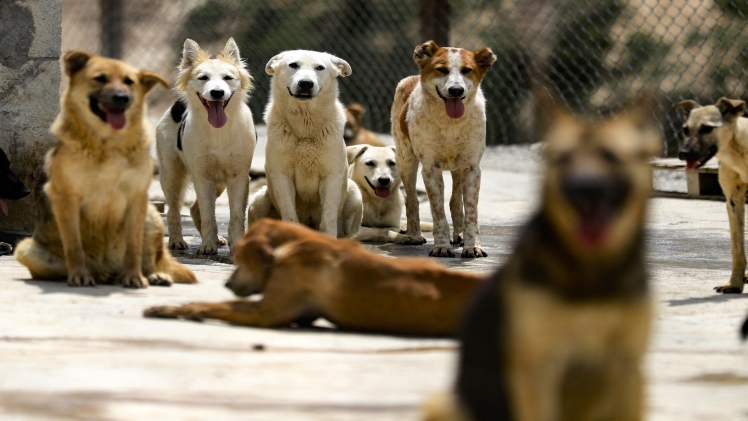Do puppies love everyone equally, or do they not? If you are wondering why a furry pet can be biased towards specific people, it may have its reasons. Suppose you raised your furry little one in a predominantly white neighborhood; you will most likely find that it reacts totally differently when you move to another part of the town, city, or country with a distinct culture and people.
However, does this reaction mean your puppy is an innate racist? No! Puppy tantrums, barks, attempts to escape home, denying food, withdrawing, and depression are some signs you might spot in a doggo that has moved to a new place altogether. Your pet can easily fall sick in an unfamiliar environment, so be prepared to tackle health emergencies.
Pet insurance for dogs covers your little pupper’s medical care during accidents, injuries, specific illnesses, dental, and much more, depending on the level of cover purchased. While cheap dog insurance policies are affordable, they provide only basic health coverage, so consider looking for comprehensive pet policies that can better support you financially during distressing times of health.
Meanwhile, read this article to learn if a puppy can be racist.
Can a puppy be racist?
When a puppy looks at a human with starkly different features and skin colors than it is not used to, it can start barking. In a case like this, the first thing that can pop up in anyone’s mind is why my dog is being partial and cruel. While to some extent it can be true on the surface, that doesn’t cover the whole story. For instance, a puppy in the new neighborhood can bark at you because you don’t look like the rest in the locality.
And many a time, it can happen with no involvement of race at all. It is a fact that some pups react better to females compared to males, and others greet young people better than older people. Dogs can be wary around humans wearing uniforms, people seated in wheelchairs, and other categories of people who seem visually different from the majority.
But what is the matter with your dog is the question that needs to be answered during such occasions. It is likely that your pupper was socialized to the household members and has not yet been exposed to people who appear different from them. This is why it is crucial for puppy owners to provide opportunities for interaction with new people, animals, and objects during the days of puppyhood.
If you pay attention to this aspect during the first few months of its life, rest assured that your furry baby will grow to be a confident and adaptable dog. Such a puppy can grace new experiences with positivity, even if cautious, instead of being fearful and stressed out in an unfamiliar scenario.
In most cases, a lack of socialization causes stress and anxiety in a pup in new situations. If this has been the story at your home, contact your vet for solutions. Desensitization programs, behavioral training, and medications can be advised. However, your vet can suggest an appropriate course of action if it is a behavioral issue due to an underlying health condition.
Pet insurance for dogs helps lower your financial burden during unplanned vet visits requiring treating specific physical health issues, including ones causing behavioral problems. Contemplate purchasing cheap dog insurance in the least, so you don’t have to think twice about getting your pup medical help during dire health situations.


